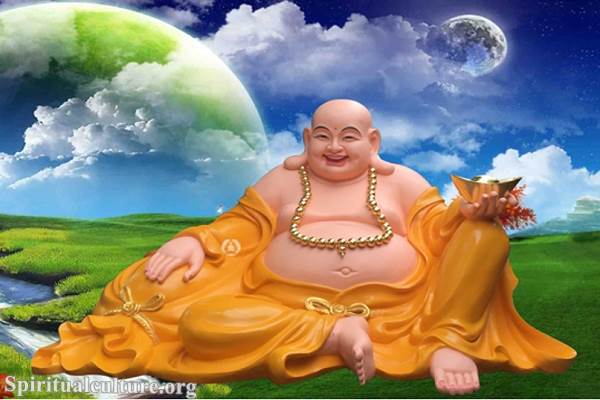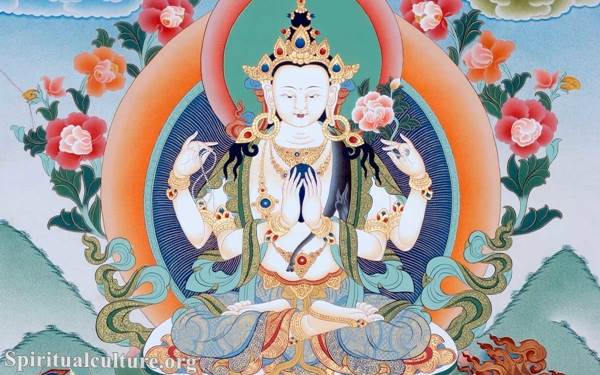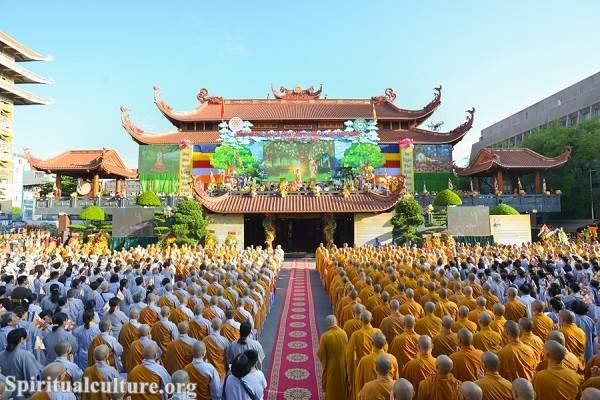The Laughing Buddha is a cultural representation of Budai, a Chinese monk who lived during the 10th century. He is also known as the “Buddha of Wealth” and “Buddha of Contentment.” He is depicted as a portly, bald man, wearing simple robes and carrying a large cloth bag over his shoulder, which is said to be filled with gifts for the poor and needy. He also often holds a rosary and a begging bowl.
In Chinese folk religion, Budai is believed to be an incarnation of the Maitreya Buddha, who is the Buddha of the Future and will bring prosperity and happiness to the world. He is also believed to symbolize contentment and abundance, as his large belly is said to represent the abundance of wealth and good luck.

In feng shui, the Laughing Buddha is often placed in the living room or home entrance to bring good luck and prosperity to the residents. It is also commonly placed in businesses, such as shops and restaurants, to attract customers and good fortune.
It’s also worth noting that the Laughing Buddha is not to be confused with the historical Gautama Buddha, the founder of Buddhism. Gautama Buddha is often depicted in a meditative pose and with a peaceful expression, while the Laughing Buddha is shown as joyful and jolly.
In addition to being a popular figurine in Chinese culture and Japanese culture, the Laughing Buddha has become a popular symbol in other cultures worldwide. Many believe that having a Laughing Buddha in their home or office will bring happiness, good luck, and prosperity.
The Laughing Buddha is also a popular tattoo design, often chosen for its symbolism of happiness, contentment, and abundance.
In Buddhism, the Laughing Buddha is seen as a representation of the Maitreya Buddha, the Buddha of the Future, and believed to bring prosperity and happiness to the world. He is also believed to be a symbol of contentment and abundance, as his large belly is said to represent the abundance of wealth and good luck.
In summary, the Laughing Buddha is a popular cultural symbol representing good luck and prosperity. It’s important to note that it is not related to the historical Gautama Buddha, the founder of Buddhism. It’s also worth noting that it’s not a central figure in Buddhism and is more associated with Chinese and Japanese folk religion and culture.



